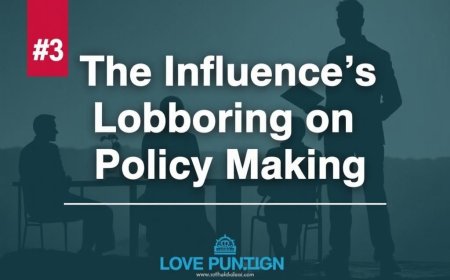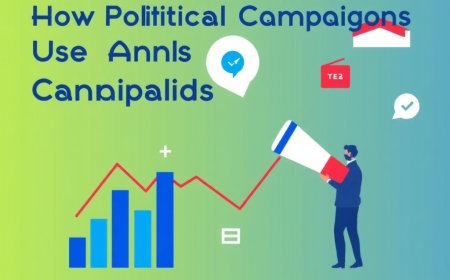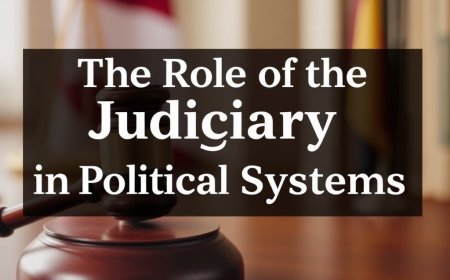How Fake News Affects Public Opinion and Democracy
The proliferation of fake news has become a significant concern in today's digital age. With the rise of social media, the dissemination of false or misleading information has become easier and more widespread. Fake news can take many forms, including fabricated news stories, manipulated images and videos, and biased or propaganda-driven content. The spread of fake news has significant implications for public opinion and democracy, as it can influence people's perceptions and attitudes towards important issues and events.
One of the primary ways in which fake news affects public opinion is by creating confusion and uncertainty. When people are exposed to false or misleading information, they may become unsure about what is true and what is not. This can lead to a breakdown in trust in institutions and sources of information, as people become increasingly skeptical of the information they receive. Furthermore, fake news can also create a sense of polarization, as people become more entrenched in their beliefs and less willing to consider alternative perspectives.
The impact of fake news on democracy is also significant. In a democratic system, citizens rely on accurate and unbiased information to make informed decisions about their leaders and policies. When fake news is prevalent, it can distort the public's understanding of important issues and events, leading to poorly informed decision-making. This can have serious consequences, as it can lead to the election of leaders who do not have the best interests of their citizens at heart. Additionally, fake news can also undermine the legitimacy of democratic institutions, as people become increasingly disillusioned with the information they receive and the decisions that are made based on that information.
Another way in which fake news affects democracy is by influencing the outcome of elections. Fake news can be used to manipulate public opinion by spreading false or misleading information about candidates or issues. This can be particularly problematic in the context of social media, where false information can spread quickly and be difficult to correct. In some cases, fake news has been used to suppress voter turnout or to influence the outcome of elections. For example, during the 2016 US presidential election, there were numerous reports of fake news stories being spread on social media, including stories that were designed to damage the reputation of one of the candidates.
The spread of fake news is also closely tied to the issue of media literacy. Media literacy refers to the ability to critically evaluate the information that one receives, and to distinguish between fact and fiction. In today's digital age, media literacy is more important than ever, as people are exposed to a vast array of information from a variety of sources. However, many people lack the skills and knowledge necessary to critically evaluate the information they receive, making them more susceptible to the influence of fake news. Therefore, improving media literacy is an important step in combating the spread of fake news and protecting democracy.
There are several steps that can be taken to improve media literacy and combat the spread of fake news. One approach is to incorporate media literacy into education systems, so that people are taught from a young age how to critically evaluate the information they receive. Another approach is to promote fact-checking and verification, so that people can be confident in the accuracy of the information they receive. Additionally, social media companies can also play a role in combating the spread of fake news by implementing policies and practices that are designed to reduce the dissemination of false or misleading information.
In conclusion, the spread of fake news has significant implications for public opinion and democracy. Fake news can create confusion and uncertainty, polarize public opinion, and undermine the legitimacy of democratic institutions. It can also influence the outcome of elections and distort the public's understanding of important issues and events. To combat the spread of fake news, it is essential to improve media literacy and promote fact-checking and verification. By taking these steps, we can help to protect democracy and ensure that citizens have access to accurate and unbiased information.
Furthermore, it is also important to recognize that combating fake news is not just a matter of individual responsibility, but also a collective one. Governments, social media companies, and other stakeholders all have a role to play in reducing the spread of fake news and promoting a more informed and critically thinking public. By working together, we can help to create a more informed and engaged citizenry, and ensure that democracy continues to thrive in the digital age.
Ultimately, the fight against fake news requires a multifaceted approach that involves a range of stakeholders and strategies. It requires a commitment to promoting media literacy, fact-checking, and verification, as well as a willingness to adapt to the changing media landscape. By taking a proactive and collaborative approach to combating fake news, we can help to protect democracy and ensure that citizens have access to the accurate and unbiased information they need to make informed decisions.
In addition to the steps mentioned earlier, it is also crucial to address the root causes of fake news. This includes issues such as the lack of transparency and accountability in the media, as well as the increasing polarization of public opinion. By addressing these underlying issues, we can help to reduce the incentives for spreading fake news and create a more favorable environment for fact-based information to thrive. Moreover, it is also essential to promote a culture of critical thinking and skepticism, where people are encouraged to question and verify the information they receive. By fostering this culture, we can help to build a more resilient and informed public that is better equipped to resist the influence of fake news.
As we move forward in the digital age, it is clear that the issue of fake news will continue to be a pressing concern. However, by working together and taking a proactive and collaborative approach, we can help to mitigate its impact and ensure that democracy continues to thrive. By promoting media literacy, fact-checking, and verification, and by addressing the root causes of fake news, we can help to create a more informed and engaged citizenry, and ensure that citizens have access to the accurate and unbiased information they need to make informed decisions.

















